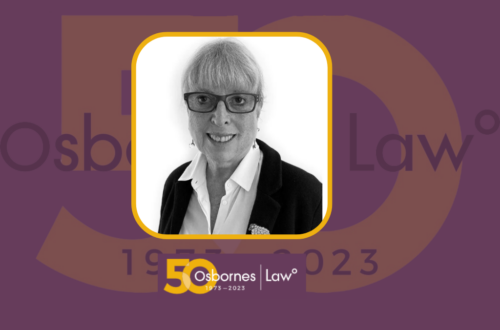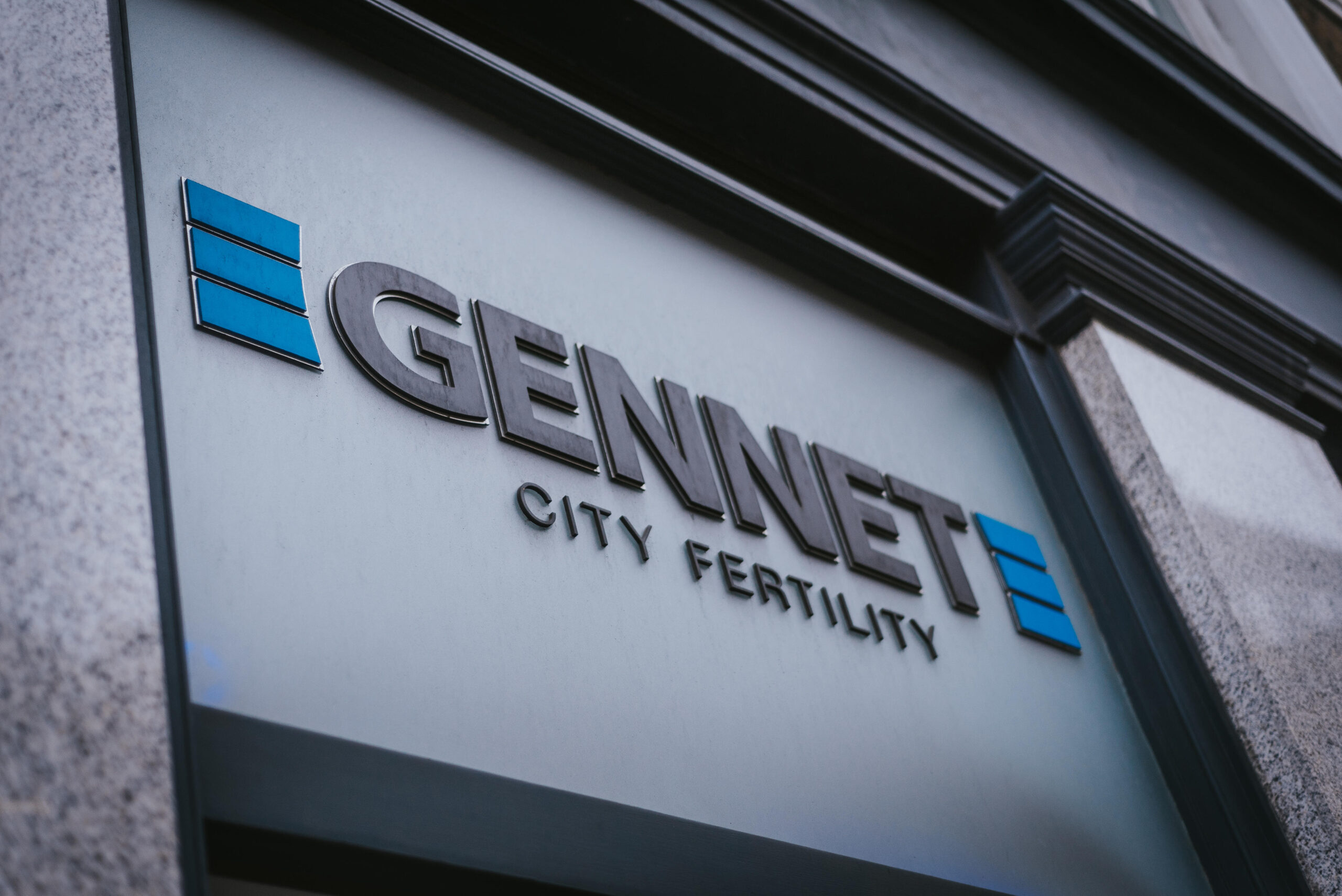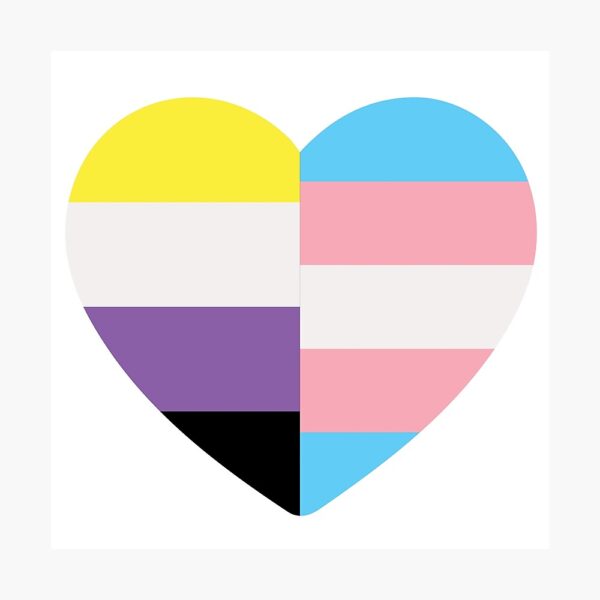
When a ‘mother’ is not a ‘mother’
Written by Zaina Mahmoud exclusively for My Surrogacy Journey®.
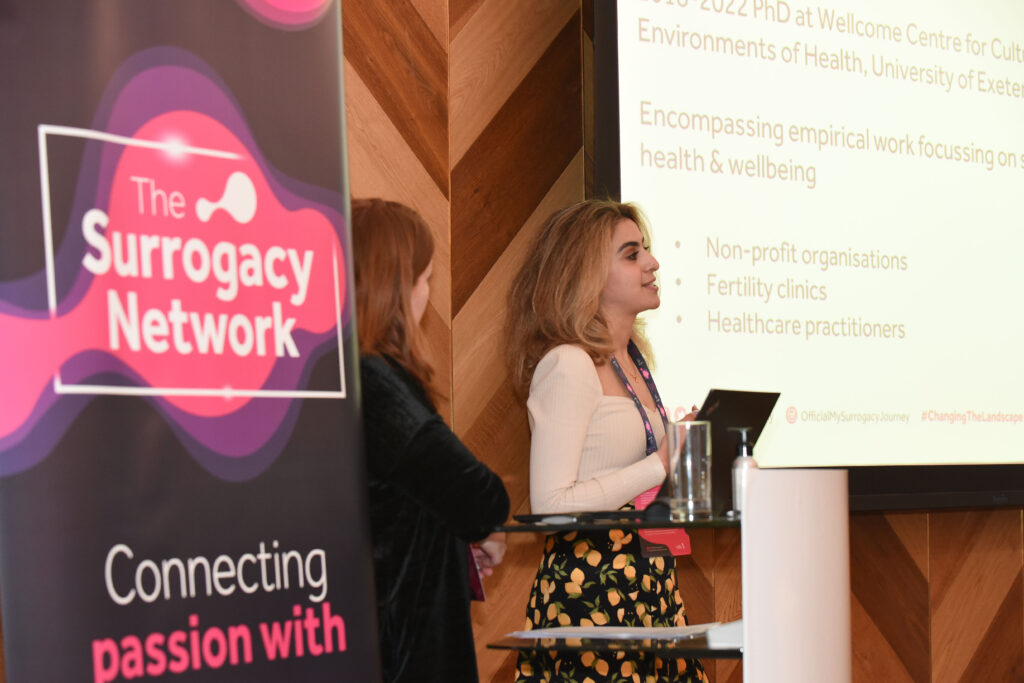
When gender-neutral and inclusive guidelines are recommended or introduced, there is a backlash from people wanting to hold onto traditional and gendered words. For example, in 2017, the British Medical Association released an internal leaflet promoting inclusive language within the healthcare system. Noting the importance of respectful and sensitive language, the BMA recommended the use of gender-neutral language in pregnancy care provision; specifically, they suggested the use of ‘pregnant person’ instead of ‘expectant mother.’ A few years later, in 2021, Brighton and Sussex University Hospital launched the first gender-neutral and inclusive clinical and language guidelines for use in pregnancy care provision. In both instances, many were angered and outraged, feeling like women and motherhood were being erased.
Simultaneously, this group tends to wave and shout about how “words don’t matter” or to not be as ‘sensitive’ about words used. Paradoxically then, by doing so, they’re revealing the important weight held by gendered terms, without realising the harm done to those directly impacted. A good example showcasing this issue is the word ‘mother,’ the very word some are determined to hold onto in all situations.
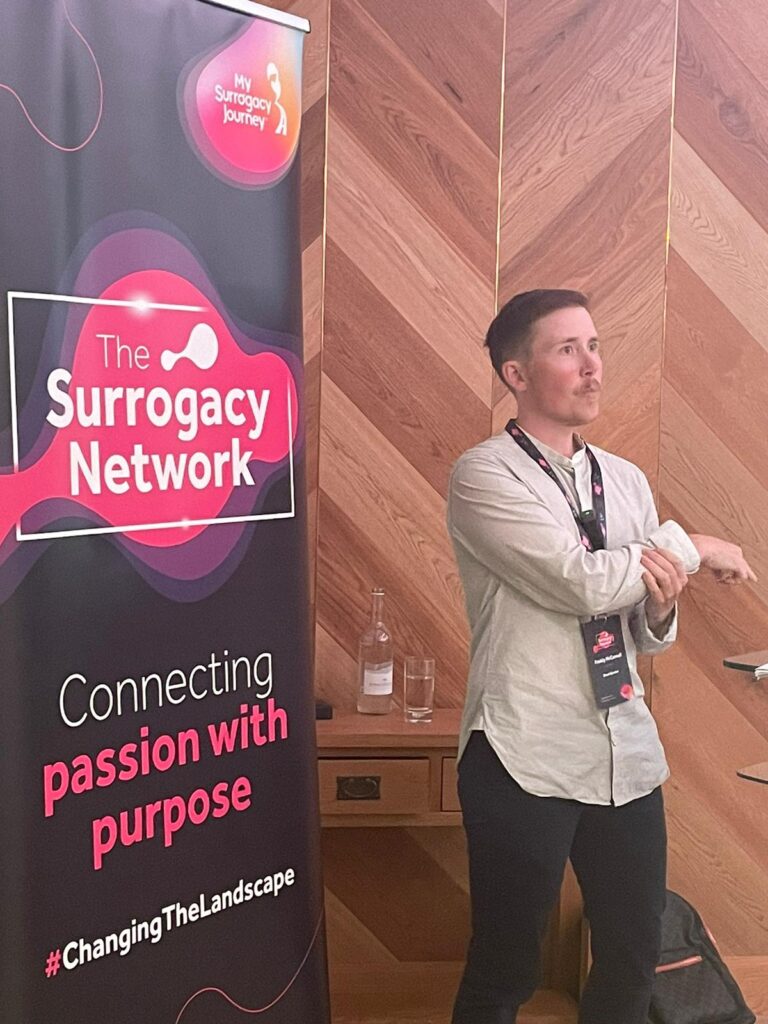
Socially, a mother describes a—usually woman—providing the (primary) caregiving role to a child. When this person isn’t in the picture, ‘mother’ seemingly takes on another meaning: the person who gave birth. Interestingly enough, this meaning mirrors the legal definition as well. One of the most well-known “seahorse dads” in the UK, Freddy McConnell, is legally a mother to his children. After giving birth to his son, Freddy was recognised as the legal mother, since the current law in the UK holds “mother” is a legal status that follows on from the “biological role in giving birth.” As this designation clearly does not match up with lived reality, he embarked on a legal journey to be recognised appropriately as either a legal father or legal parent. The High Court and Court of Appeal heard his case, with both holding that, legally, “mother” is not a gendered term, and it was important that those giving birth be recorded as “mother” for a coherent birth registration scheme—even if that does not match up with lived reality.
This is too familiar to those who have gone through surrogacy. Surrogates are the legal mothers of the babies they birth—despite their explicit intention not to raise them.
Zaina Mahmoud
Furthermore, because of the legal insistence on motherhood as flowing from and emerging within birth, following the granting of a Parental Order, the intended parents are not recognised as mother/father, but instead as Parent 1 and Parent 2.
It’s not just the legal arena where surrogates and seahorse dads, among others, are labelled as “mothers” incorrectly. When seeking healthcare while pregnant, almost everything is maternally labelled. NHS England refers to healthcare during pregnancy as ‘maternity services’. The default is referred to pregnant people as ‘mum’ or something similar, rather than by name. That phenomenon is particularly curious, because it’s arguably the only time where someone accessing healthcare is referred to by their future presumed social role—rather than by their name.
Undoubtedly, many people appreciate being referred to as “mum” or “expectant mum” and that is completely valid but should be available upon request or as a preference, rather than default.
Zaina Mahmoud
Thinking back to the 2017 BMA recommendations and the 2021 Brighton and Sussex NHS guidelines, their proposed terminology changes describe the person accessing care accurately. Regardless of what the pregnant person may become later, at the point of accessing care, they are not a mother (at least not to that fetus).
We don’t label things on the basis of what they might be, but on they what they are. We should not deny the importance of words used, or hold onto terminology because of tradition or routine use, especially when these words impact the experiences of those accessing healthcare or result in the differentiation of people in the same situation. It’s not that we do away with ‘mother,’ but potentially, we widen its scope to those who socially fulfil this role, without the need for a modifier.
The UK Supreme Court declined to hear Freddy’s appeal, but that has not dissuaded him: he took his appeal to the European Court of Human Rights. Whatever happens with his case will undoubtedly reverberate into other areas of assisted reproduction, like surrogacy, where the person giving birth is categorically not the mother. Hopefully, it’ll also inform future health policy changes, ensuring all who access healthcare during pregnancy are referred to appropriately and respectfully.



